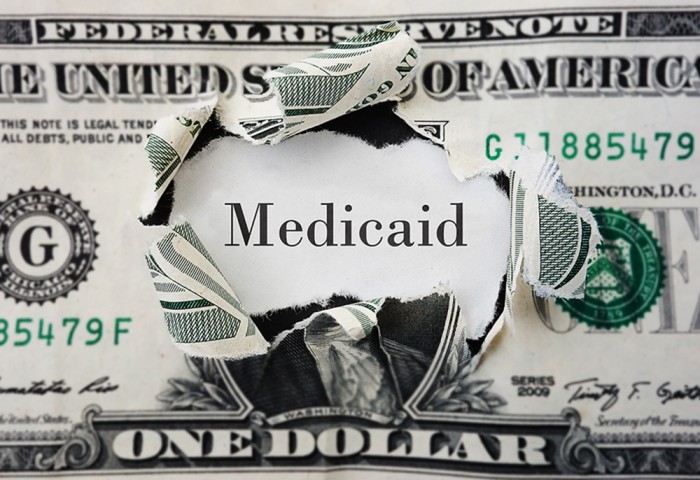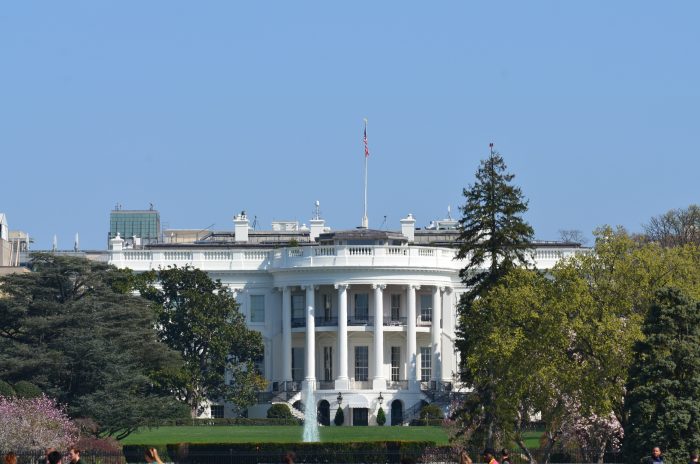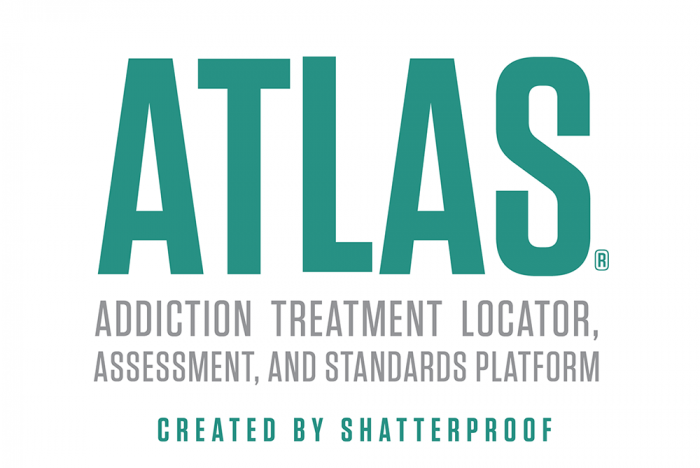Gov. Wolf today signed into law two bills with major significance to the commonwealth’s efforts to address the addiction and overdose death epidemic.
Act 146 is a wide-ranging statute that includes language making medications to treat opioid use disorder (MOUD) available without prior authorization through commercial insurers and Medicaid managed care organizations (MCOs). Act 111 amends the Controlled Substance, Drug, Device and Cosmetic Act to explicitly exclude fentanyl test strips from the definition of drug paraphernalia, effectively legalizing them.
Act 146
Act 146 puts into statute a 2018 agreement Gov. Wolf brokered with commercial insurance companies and a Department of Human Services’ directive to Medicaid MCOs that ensured Pennsylvanians had unrestricted access to MOUD when they need it. The new law specifically reads:
Section 2157. Medication-Assisted Treatment.
(A) Minimum Requirement — An insurer or MA or CHIP managed care plan shall make available coverage of at least one prescription drug approved by the United States Food and Drug Administration for use in Medication-Assisted Treatment for opioid use disorders, including coverage of at least one of each of the following without prior authorization:
(1) Buprenorphine/naloxone prescription drug combination product.
(2) Injectable and oral naltrexone.
(3) Methadone.
(B) Coverage and Cost Tier — If a Medication-Assisted Treatment prescription drug set forth in Subsection (A) is covered as a pharmacy benefit, then the insurer or MA or CHIP managed care plan shall cover the prescription drug on the lowest nonpreventative cost tier of the health insurance policy or MA or CHIP managed care plan.
Subsection (B) requires payers to make the medications outlined in Subsection (A) available at the lowest cost share for non-preventative drugs.
Earlier versions of the bill included language that prevented prior authorization only for the initial treatment or prescription but did not preclude subsequent prior authorizations. Additionally, earlier language also limited the prior authorization waiver to only one drug used to treat OUD. RCPA worked with House leadership and other stakeholders to negotiate broader, more expansive language.
Sen. Kristin Phillips-Hill sponsored the legislation.
Act 111
Act 111 goes beyond fentanyl test strips and excludes from the definition of drug paraphernalia any “testing products used for personal use in determining whether a controlled substance contains chemicals, toxic substances or hazardous compounds in quantities which can cause physical harm or death.”
Over the last few years, more legislation and public health policy aimed at reducing the harm associated with drug use has been introduced and adopted, marking a significant shift in attitudes toward and acceptance of harm reduction.
Rep. Jim Struzzi sponsored the legislation.


















